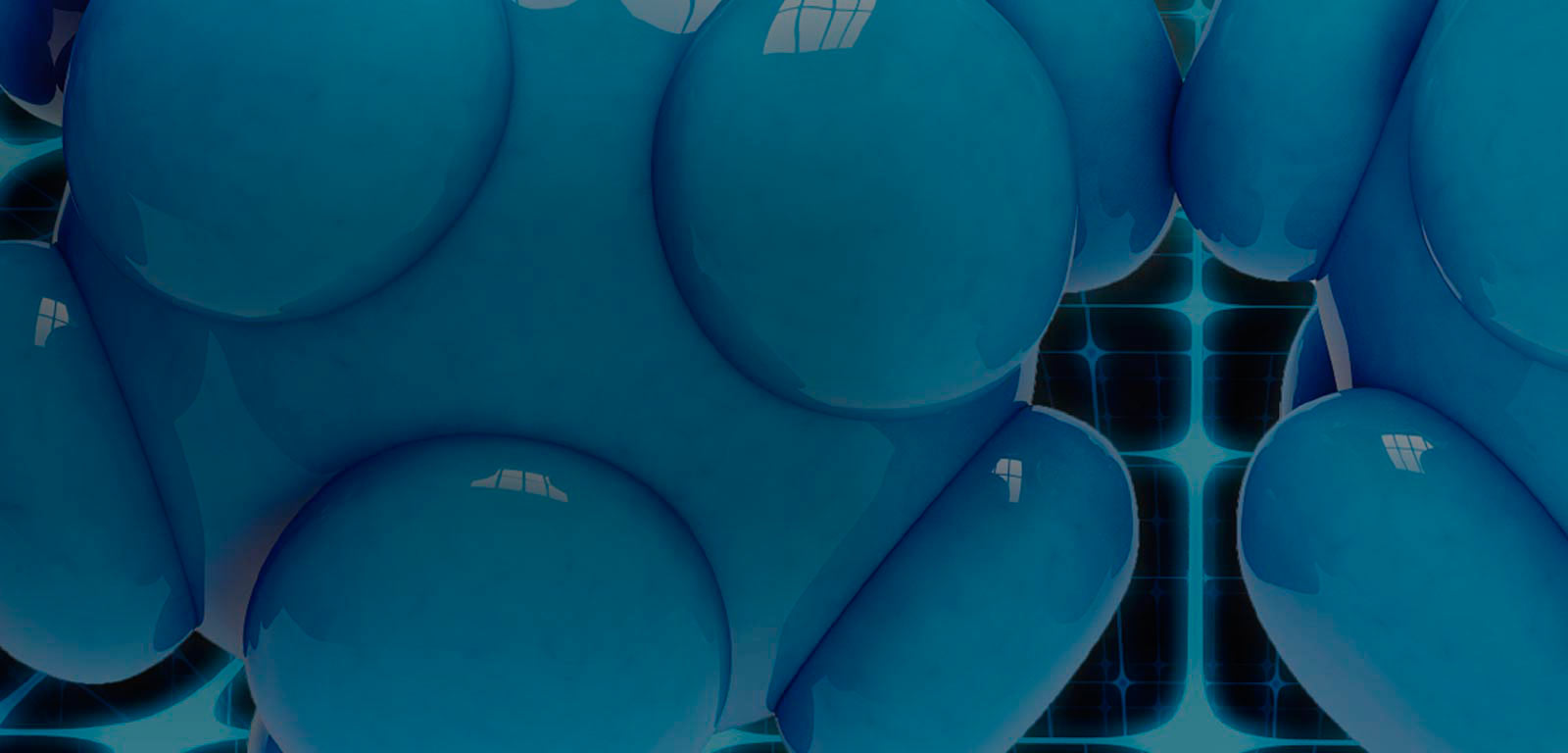Materia
Dynamics of Complex Materials/Dinámica de Materiales Complejos
Datos generales de la materia
- Modalidad
- Presencial
- Idioma
- Inglés
Profesorado
| Nombre | Institución | Categoría | Doctor/a | Perfil docente | Área | |
|---|---|---|---|---|---|---|
| ALEGRIA LOINAZ, ANGEL MARIA | Universidad del País Vasco/Euskal Herriko Unibertsitatea | Profesorado Catedratico De Universidad | Doctor | No bilingüe | Física Aplicada | angel.alegria@ehu.eus |
| CANGIALOSI , DANIELE | Centro de Física de Materiales CSIC | Otros | Doctor | daniele.cangialosi@ehu.eus | ||
| MORENO SEGURADO, ANGEL JOSE | Centro de Física de Materiales CSIC | Otros | Doctor | wabmosea@ehu.es |
Competencias
| Denominación | Peso |
|---|---|
| Que el estudiante conozca las principales características de los movimientos moleculares a las distintas escalas en sistemas complejos | 100.0 % |
Tipos de docencia
| Tipo | Horas presenciales | Horas no presenciales | Horas totales |
|---|---|---|---|
| Magistral | 15 | 30 | 45 |
| P. de Aula | 15 | 15 | 30 |
Actividades formativas
| Denominación | Horas | Porcentaje de presencialidad |
|---|---|---|
| Aula/Seminario/Taller | 15.0 | 0 % |
| Clases teóricas | 15.0 | 0 % |
Sistemas de evaluación
| Denominación | Ponderación mínima | Ponderación máxima |
|---|---|---|
| Otras Evaluaciones | 100.0 % | 100.0 % |
Convocatoria ordinaria: orientaciones y renuncia
Final evaluation: 100% theoretical-practical exam.In case the student does not show up at the final exam, he/she will be considered as not presented.
Convocatoria extraordinaria: orientaciones y renuncia
Final evaluation: 100% theoretical-practical exam.In case the student does not show up at the final exam, he/she will be considered as not presented.
Temario
1) REVIEW OF PREVIOUS CONCEPTSCorrelation and relaxation functions
Experimental and computational techniques
2) GLASSES: PHENOMENOLOGY
The dynamic glass transition:
i) Alpha-relaxation
ii) Boson peak
iii) Johari-Goldstein process
iv) Fragility
v) Dynamic heterogeneities
Vitrification and thermodynamic aspects:
i) Kinetic glass transition
i) Kauzmann paradox and the ideal glass
ii) Aging
3) THEORETICAL APPROACHES TO THE GLASS TRANSITION:
Mode coupling theory
Free volume
Adam-Gibbs theory
4) GELATION
Differences between gels and glasses
Clustering and percolation
Arrested phase separation
Equilibrium gels
5) CHAIN DYNAMICS IN POLYMER SYSTEMS
Rouse and Zimm models
Entanglements and tube models
Tube models in complex architectures
Bibliografía
Bibliografía básica
"Metastable liquids". P.G. Benedetti. Princeton University Press (1996)."Glassy materials and disordered solids". K. Binder and W. Kob. World Scientific (2005).
"The theory of polymer dynamics". M. Doi and S. F. Edwards. Oxford University Press (1986).
"Tube theory of entangled polymer dynamics". T.C.B. McLeish, Advances in Physics 51, 1379-1527 (2002).
"Colloidal gels: equilibrium and non-equilibrium routes". E. Zaccarelli, Journal of Physics: Condensed Matter 19, 323101(1-50) (2007).


